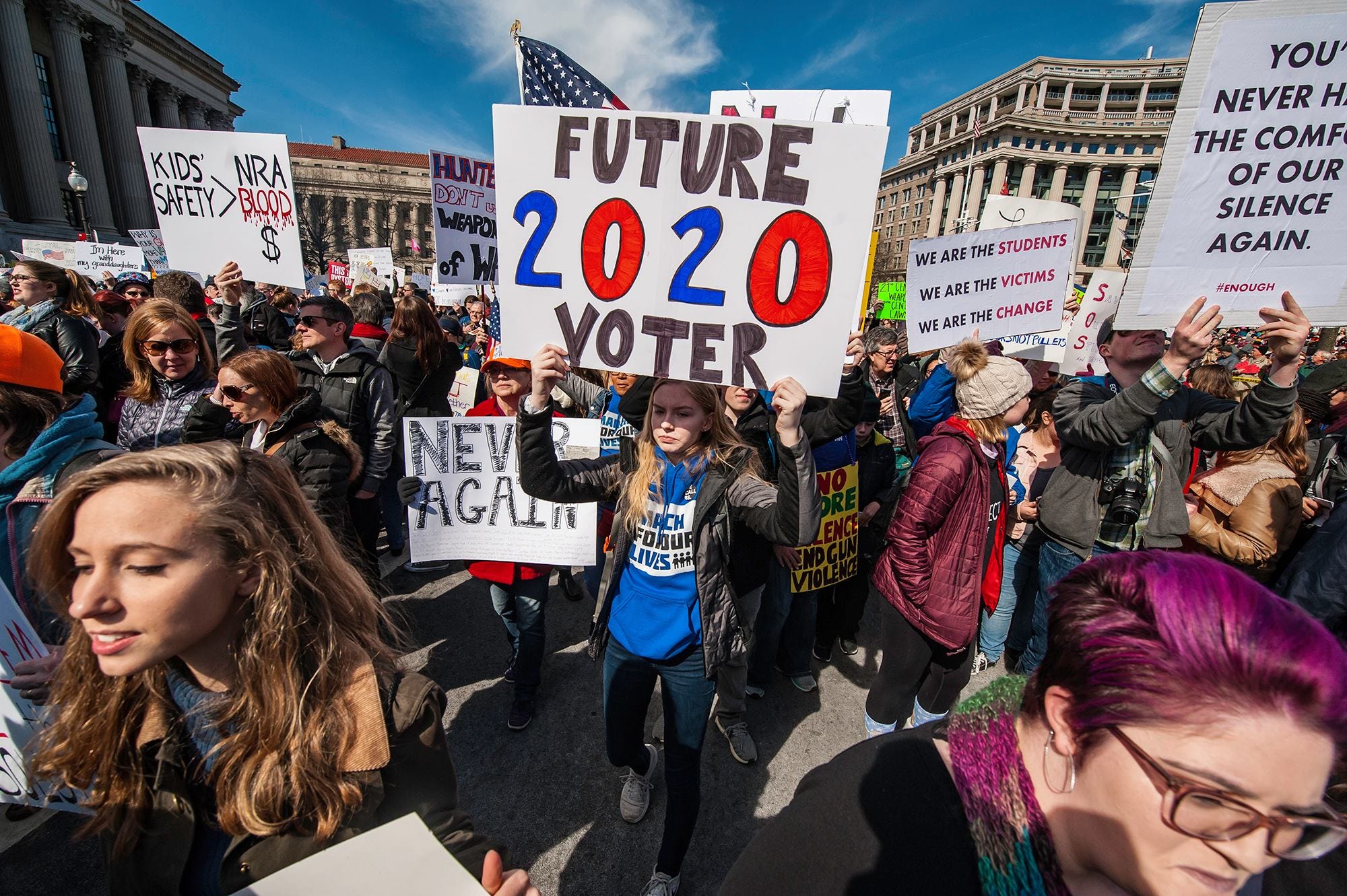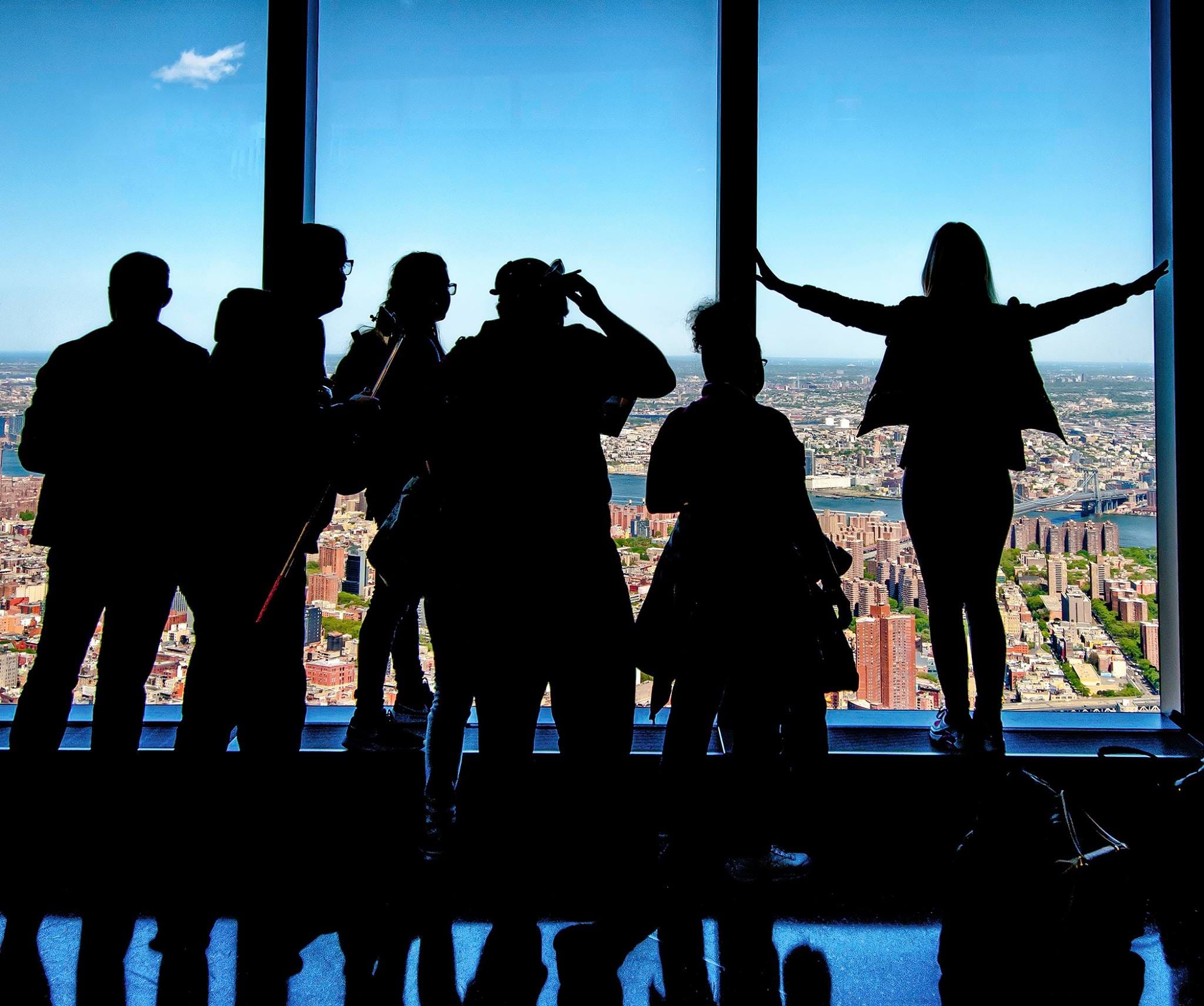Civil Disobedience Now!
From Thoreau to John Lewis, a message for action that cannot wait

The sad state of our republic
It is a sad coincidence that the death of Democratic Congressman John Lewis, 80, the Georgia-born sharecropper’s son whose leonine, battle-scarred, police-beaten visage and unshakable tenacity in the face of Jim Crow-era segregation, happened on the day my audiobook version of Henry David Thoreau’s On the Duty of Civil Disobedience, was published on Audible.
It is equally sad that on that same day, the citizens of Portland, Oregon, were experiencing the oppressive tactics of unbridled extrajudicial police overreach — verging on, if not actually encompassing, kidnapping — that both Thoreau and Lewis warned us about.
The man who stood beaten but unbowed for justice
John Lewis was never far from the top of my list of the soldiers of peace who suffered so in the cause of the Civil Rights movement.
Before taking on the self-imposed assignment of narrating Thoreau’s short essay on the importance…the imperative…of remaining true to one’s own inner voice when that voice speaks of standing strong for truth in the face of injustice and government overreach, I thought for a long time about the men and women of my own era who led by conviction, who suffered for a greater good.
I considered the contributions of civil rights exemplars like John Lewis, Martin Luther King, Jr., Cesar Chavez, Delores Huerta, Dorothy Height, Rosa Parks, Sojourner Truth, Harriet Tubman, W.E.B. Du Bois, the Freedom Riders, and the millions of unsung voices of men and women — White, Black, Hispanic, Asian, Indian, Native American— who, each in their own way, pushed back against the countless injustices imposed on them and their fellow citizens by local, state, and national power wielders.
Henry David Thoreau: A transcendental but prescient voice from the past
As I narrated Thoreau’s essay, the world outside my small studio was suffocating under writhing coils of constricting snakes of coronavirus, climate change, racial injustice, cruel deaths by disease and cops, economic deprivation, education inequality, and government-by-fools.
That last item, government-by-fools, is an inanity foisted on us by every layer of the American political system.
 |
| Henry David Thoreau |
At first glance, you might find little in common between the quiet, reclusive, Thoreau whose 19th century opinion of local, state, and national government was, essentially, “If I am not a burden on the state, the state should not be a burden on me,” and Lewis, for whom abstaining from confrontation was not an option.
And yet, John Lewis, Henry Thoreau, and the pantheon of American civil rights activists preached — and lived by — the same sermon: Public activism against oppressive government and discriminatory laws — whether through letters or bodily resistance — is a civic and moral duty.
“If I am not a burden on the state, the state should not be a burden on me”
A Washington Post, July 18 editorial said, “While Mr. Lewis was not a policy maven as a lawmaker, he served the role of conscience of the Democratic caucus on many matters. His reputation as keeper of the 1960s’ flame defined his career in Congress.”
Joe Biden lifted up the work of John Lewis in his tribute: “We are made in the image of God, and then there is John Lewis. How could someone in flesh and blood be so courageous, so full of hope and love in the face of so much hate, violence, and vengeance? He was truly a one-of-a-kind, a moral compass who always knew where to point us and which direction to march.”
Lewis himself wrote of the nation’s preeminent civil rights activist, Dr. King, in his 1998 book, Walking with the Wind:
“Every minister I’d ever heard talked about ‘over yonder,’ where we’d put on white robes and golden slippers and sit with the angels. But this man was talking about dealing with the problems people were facing in their lives right now, specifically black lives in the South.”
From Dr. King’s message, John Lewis developed his own civil rights philosophy: “You must find a way to get in the way and get in good trouble, necessary trouble. … You have a moral obligation, a mission and a mandate, when you leave here, to go out and seek justice for all. You can do it. You must do it.”
“You must find a way to get in the way and get in good trouble, necessary trouble. … You have a moral obligation, a mission and a mandate, when you leave here, to go out and seek justice for all. You can do it. You must do it.”
Echoing the resurgence of civil disobedience in the 21st century — public pushbacks against racism, government overreach, and nationwide tensions surrounding the coronavirus health pandemic — On the Duty of Civil Disobedience, published by Thoreau in 1849, speaks eloquently and personally about one man’s desire to live a peaceful, government-free life.
In this short essay, Thoreau lays out his philosophy best summed up by the author as, “That government governs best that does not govern at all.”
Thoreau takes on the key issues of his day: taxes, slavery, and the Mexican war. In the process he shares with his audiences his own brief imprisonment for failure to pay taxes, his views on the moral necessity to resist government intrusion where it is not wanted or needed, and his disdain for the government’s war-making funded on the backs of taxpayers unconnected to the conflict.
“That government governs best that does not govern at all”
In a key passage from On the Duties of Civil Disobedience, Thoreau writes,
“This American government — what is it but a tradition, though a recent one, endeavoring to transmit itself unimpaired to posterity, but each instant losing some of its integrity? It has not the vitality and force of a single living man; for a single man can bend it to his will. It is a sort of wooden gun to the people themselves; and, if ever they should use it in earnest as a real one against each other, it will surely split.
“But it is not the less necessary for this; for the people must have some complicated machinery or other, and hear its din, to satisfy that idea of government which they have. Governments show thus how successfully men can be imposed on, even impose on themselves, for their own advantage.
“It is excellent, we must all allow; yet this government never of itself furthered any enterprise, but by the alacrity with which it got out of its way. It does not keep the country free. It does not settle the West. It does not educate.
For government is an expedient, by which men would fain succeed in letting one another alone; and, as has been said, when it is most expedient, the governed are most let alone by it.
“Trade and commerce, if they were not made of India rubber, would never manage to bounce over obstacles which legislators are continually putting in their way; and, if one were to judge these men wholly by the effects of their actions, and not partly by their intentions, they would deserve to be classed and punished with those mischievous persons who put obstructions on the railroads.”
The Luddites are tearing down our social framework
Mistrust, illogic, and disharmony and gaslighting are sown daily
How quaint is Thoreau’s notion — that “The character inherent in the American people has done all that has been accomplished; and it would have done somewhat more, if the government had not sometimes got in its way.” — when today we are subjects of a Trumpian-themed government of privileged white Luddites continually getting in our way, continually tainting public discourse and sanity by driving wedges of mistrust, illogic, disunity, and disharmony into all we try to do to accomplish our highest aspirations.
They are not just mischievous persons. Like Trump himself, they are existential dangers to the very republic that birthed their reasons for being. They are tearing up the rails upon which our engines of education, health care, commerce, science, charity, and free thought depend.
What we are facing and why disobedience is paramount
But most tragically, as we see in Portland, and in the president’s threats to send camouflaged, masked, and merciless troops into Chicago and other Democrat-led cities, innocent citizens are caught in the flaming winds of White House-fueled and right-wing-fanned domestic hate, discord, and gaslighting.
- When a nation is faced with a president who believes ballots will be rigged and will not go easily out of his office should he be defeated;
- When citizens are steamrolled by a care-nothing Republican leadership that is so tied to Trump they will not see injustice when it is laid at their doorstep;
- When a president seeks to manipulate the census to exclude those who feed, clean, and care for millions of Americans;
- When medical science is placed behind politics so that schoolchildren and teachers will sicken and die;
- When corruption is rewarded with pardons and the truth-tellers are mocked, reviled, and dismissed;
- When the color of one’s skin and the zip code in which one lives are still the determinants of education, wealth, and health outcomes;
- When a history of enslavement is less important than red-hatted reverence for statues wrapped in flags drenched in the blood of slaves;
When all of these things and myriad other ills, woes, infamy, and insults are hurled from the lily-white high places to the multi-colored masses below, it is time for robust and ceaseless civil disobedience.
This is not the time to let the personal and communal exhaustion of Covid-19 news take hold.
This is not the time to be lulled into drowsy confidence by the perk of polls brewing a victory for Joe Biden.
This is not the time to sink into the media-war-wearied and mind-numbed oblivion of social withdrawal.
This is not the time to let down for one moment our guard against the political pepper spray and partisan tear-gassing fired daily from the Rose Garden, Capitol Hill, Governors’ mansions, and county and local governments tied to Trump and fearful of his followers.
This is the time for civil disobedience writ large
This is the time to stand resolute and unbowed by the shameful blows of ignorance, hubris, and fear-mongering raining down on a kind and caring nation.
This is the time to recall the scars on John Lewis’s head and the warrantless grabbing of peaceful protesters in Portland, and the blood shed by countless men, women, and children whose only crimes were to expect justice, equality, and freedom.
This is the time to act on Thoreau’s advice given 171 years ago:
“[To] speak practically and as a citizen, unlike those who call themselves no-government men, I ask for, not at once no government, but at once a better government. Let every man make known what kind of government would command his respect, and that will be one step toward obtaining it.”
It is time for every man and women, every citizen who treasures their right to vote, to make clear to those who have governed us poorly and with little care for our threatened way of life that we will not be moved off our demands for the rights to which all Americans are entitled. We will stand, or sit, or lie down if need be, for the rights for which too many Americans gave the last full measure of devotion — either by choice, or by criminal and inhumane acts.
Our duty is civil disobedience if the government we have does not respect us as individuals or as a community. Civil disobedience is the recourse left to us when government ceases to be of, by, and for the people.












